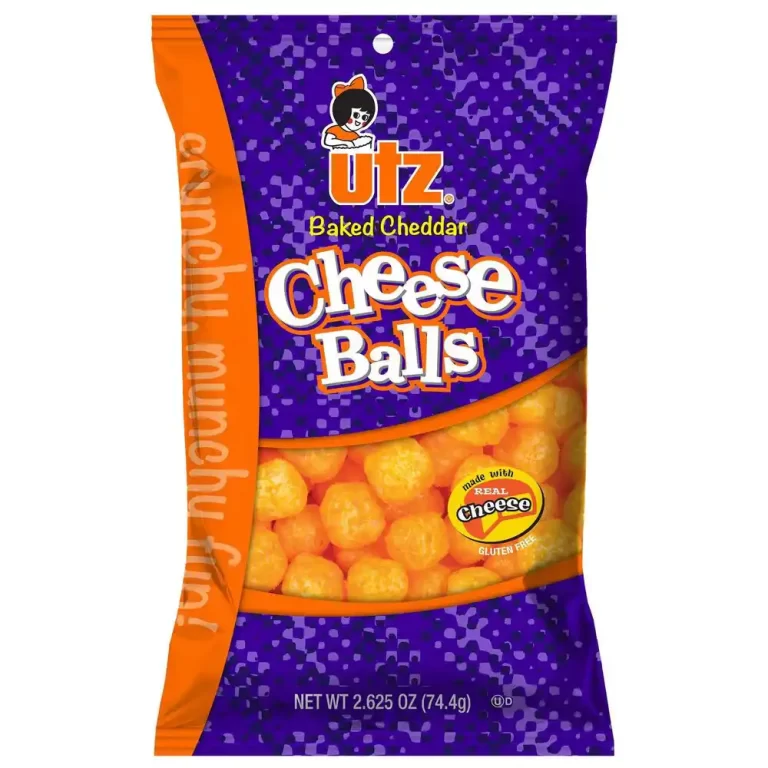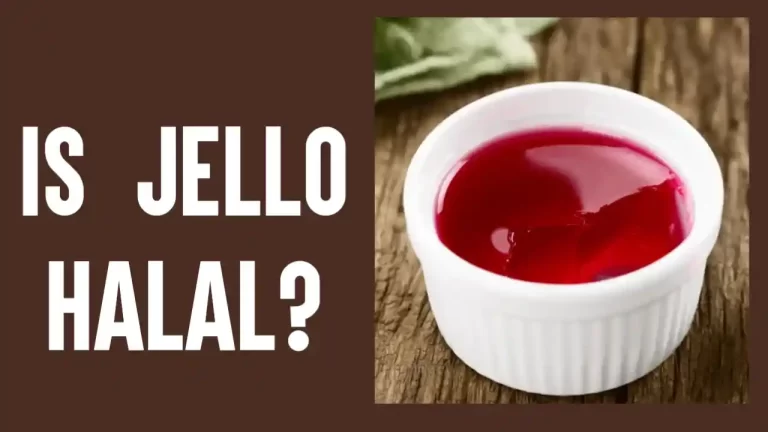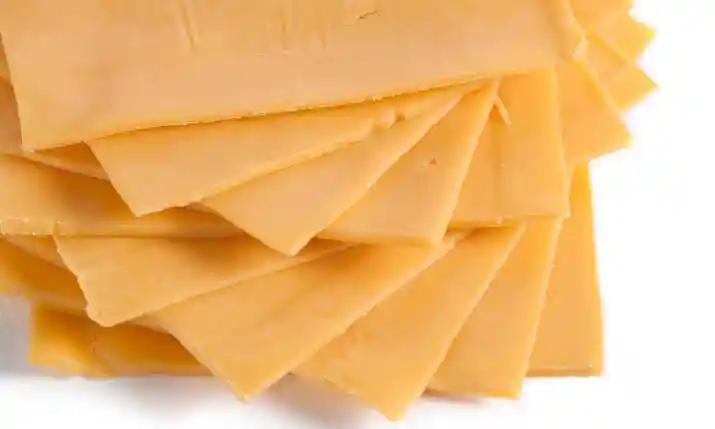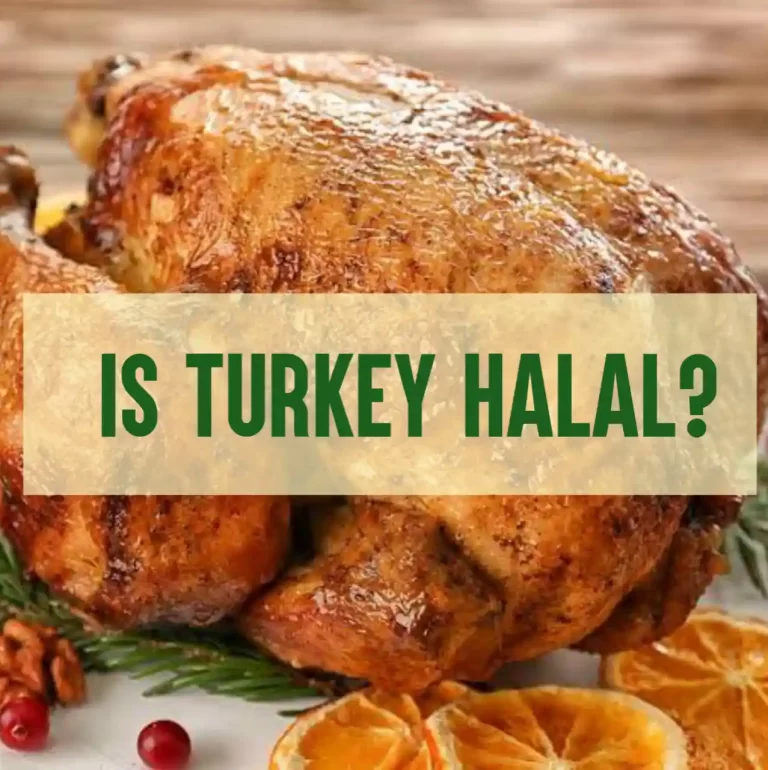Are Sun Chips Halal? What You Need To Know
Are sun chips halal? Sun Chips is a popular brand of snack chips that are enjoyed by many people around the world. However, for those who follow a halal diet, there may be some confusion as to whether or not Sun Chips are suitable for consumption.
Advertisements
In this blog post, we will explore the ingredients used in Sun Chips and provide information on whether or not they meet halal dietary guidelines. This will help you make an informed decision about whether or not to include Sun Chips in your diet.
Are Sun Chips Halal?
Yes, the original Sun Chips are, indeed, 100% halal. However, the other flavors on offer pose problems for halal people, as each one contains cheese. When it comes to original Sun Chips, the ingredients used to make the chips are not considered to be haram (forbidden) by Islamic law.
The ingredients used are non-animal based, such as corn, wheat, oil, and salt, and do not contain any pork or pork by-products.
What Ingredients Are In Sunchips
The classic Original Sunchips contain the following ingredients:
Advertisements
- Whole Corn
- Sunflower and/or Canola Oil
- Whole Wheat
- Brown Rice Flour
- Whole Oat Flour
- Sugar
- Salt
- Natural Flavor
- Maltodextrin (Made From Corn).
As with most product lines, there are several flavors on offer by the brand and some varieties are halal while others contain animal-derived ingredients.
The only ingredients that could be a concern are the enzymes which are used in the production of cheese. They are used to aid in the fermentation process, but the source of those enzymes is not always clearly identified.
However, the Sun Chips manufacturers has not provided any halal certification for the products, so it’s not clear if the enzymes used are from halal sources or not.
- You may also interested in: Is Tofu Halal? Here’s What You Need To Know

Why Would Enzymes Be A Questionable Ingredient In Sunchips
While talking about the ruling on ruling on eating cheese if the source of the rennet is not known, IslamQA stated that the ruling on rennet varies according to where it is taken from.
If it is taken from an animal that has been slaughtered in accordance with sharee’ah, then it is pure and may be eaten.
Advertisements
If it is taken from an animal that died of natural causes or an animal that was not slaughtered in accordance with sharee’ah, then there is a difference of opinion among the fuqaha’ concerning it.
The majority of Maalikis, Shaafa’is and Hanbalis are of the view that it is najis. Abu Haneefah and Ahmad, according to the other report narrated from him, were of the view that it is taahir.
This is the view favoured by Shaykh al-Islam Ibn Taymiyah (may Allah have mercy on him). He said in al-Fataawa (21/102):
Advertisements
It is more likely that their cheese (referring to the Magians) is halaal and that the rennet from a dead animal (one that died of natural causes) and its milk are taahir. End quote.
He also said (35/154): With regard to cheese that is made with their rennet – i.e., from some of the baatini sects who are regarded as kaafirs – there are two well-known views concerning that among the scholars, as in the case of rennet from dead animals and rennet from animals slaughtered by the Magians and Franks, of whom it is said that they do not slaughter meat properly.
The view of Abu Haneefah and of Ahmad according to one of the two reports narrated from him is that this cheese is permissible, because the rennet of dead animals is taahir according to this view, because then it does not die when the animal dies.
The view of Maalik and al-Shaafa’i, and of Ahmad according to the other report, is that this cheese is najis because in their view the rennet is najis, because the milk and rennet of the dead animal are najis according to them.
If meat slaughtered by a particular person cannot be eaten, then meat slaughtered by him is like dead meat.
Those who hold both views quoted as evidence reports that were narrated from the Sahaabah.
Those who hold the first view narrate that the Sahaabah ate the cheese of the Magians, and those who hold the second view narrate that they ate what they thought was cheese of the Christians.
This issue is subject to ijtihaad and one may follow the view of the Shaykh he asks. End quote.
This is the correct opinion. Whether you know the source of the rennet and that it comes from an animal that was slaughtered properly or otherwise, or you do not know, there is nothing wrong with eating cheese that has been made with it. And Allah knows best. Source
In conclusion, original Sun Chips are made from non-animal based ingredients that are considered permissible by Islamic law.
However, without halal certification from the manufacturer, it is difficult to say for certain whether or not other Sun Chips flavors meet halal dietary guidelines.
Advertisements







